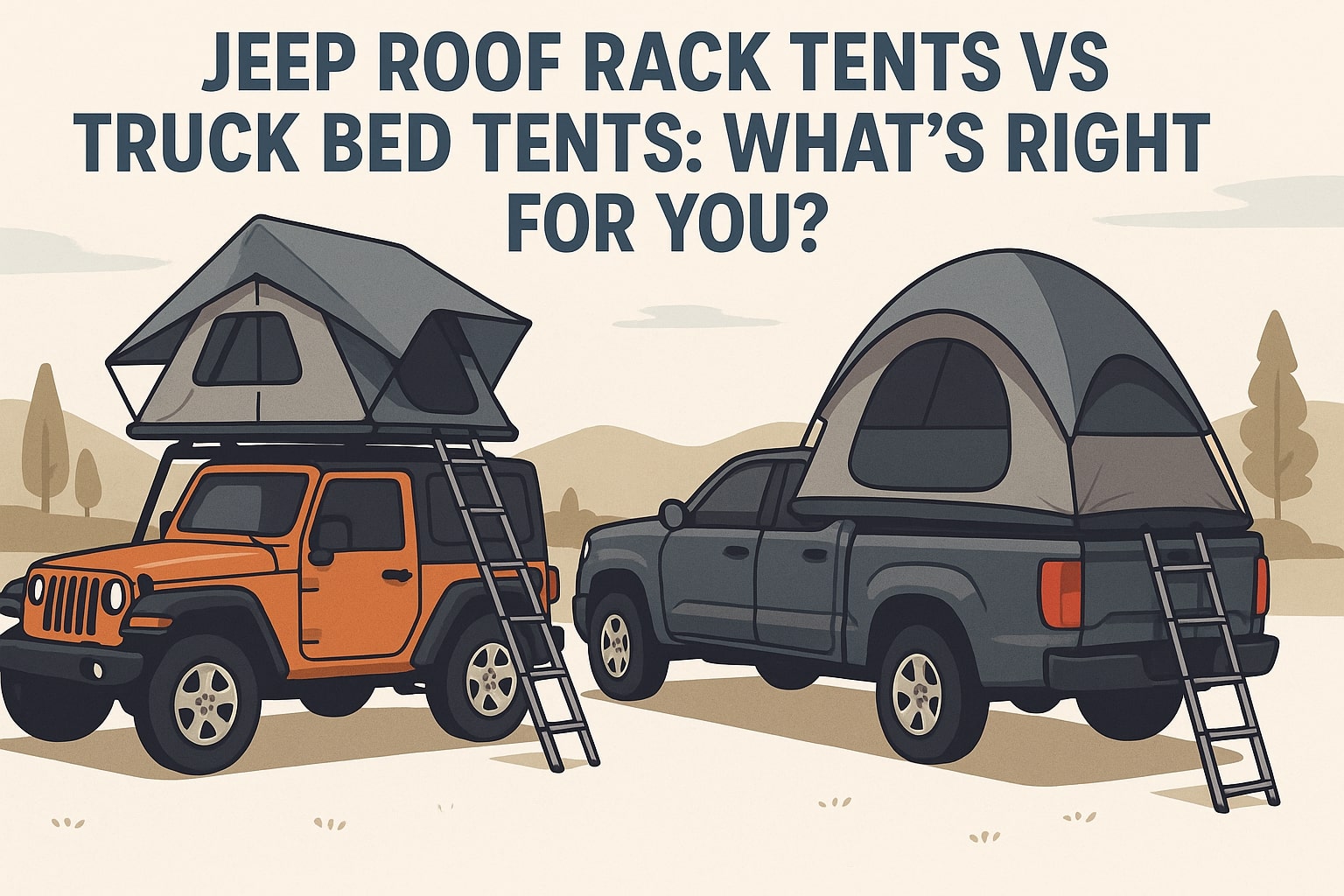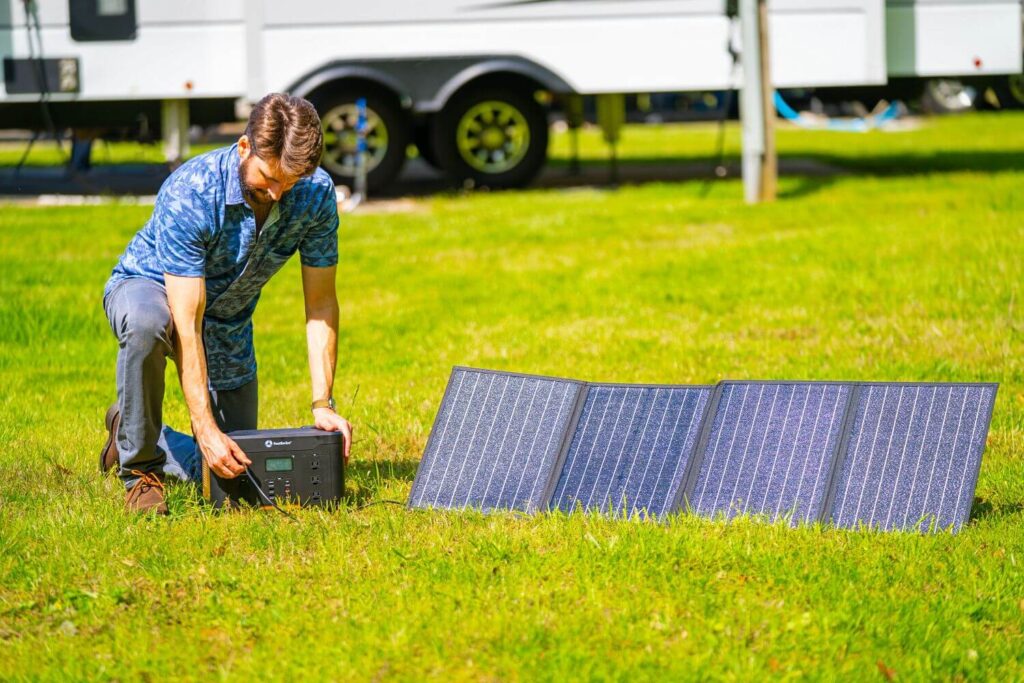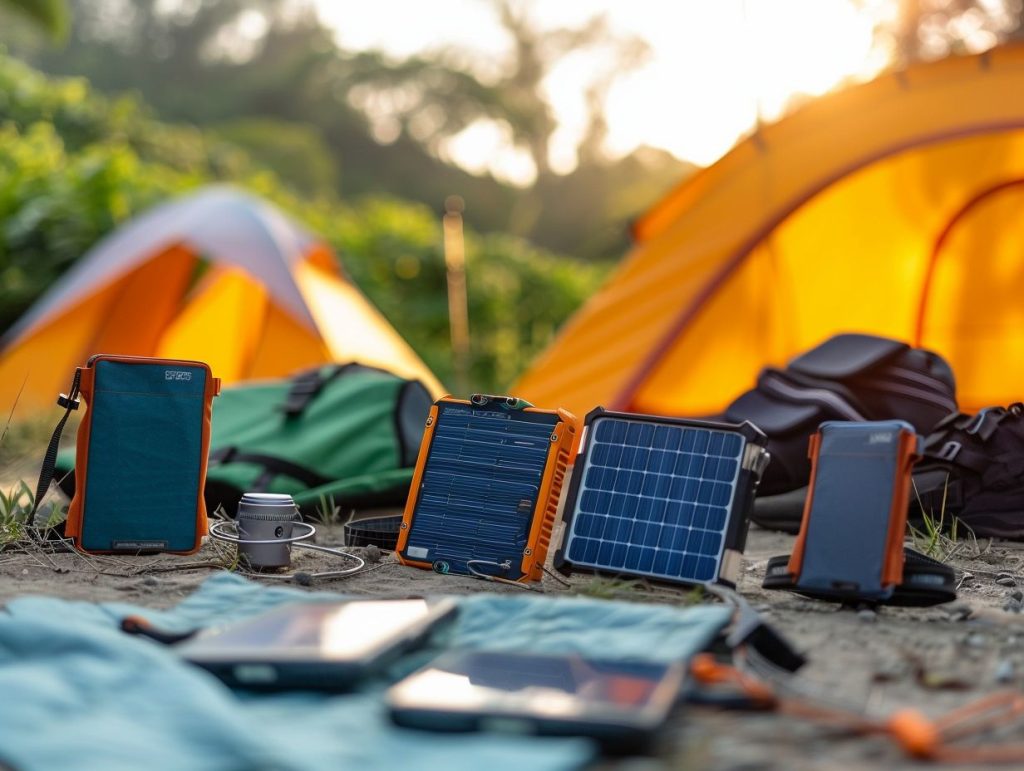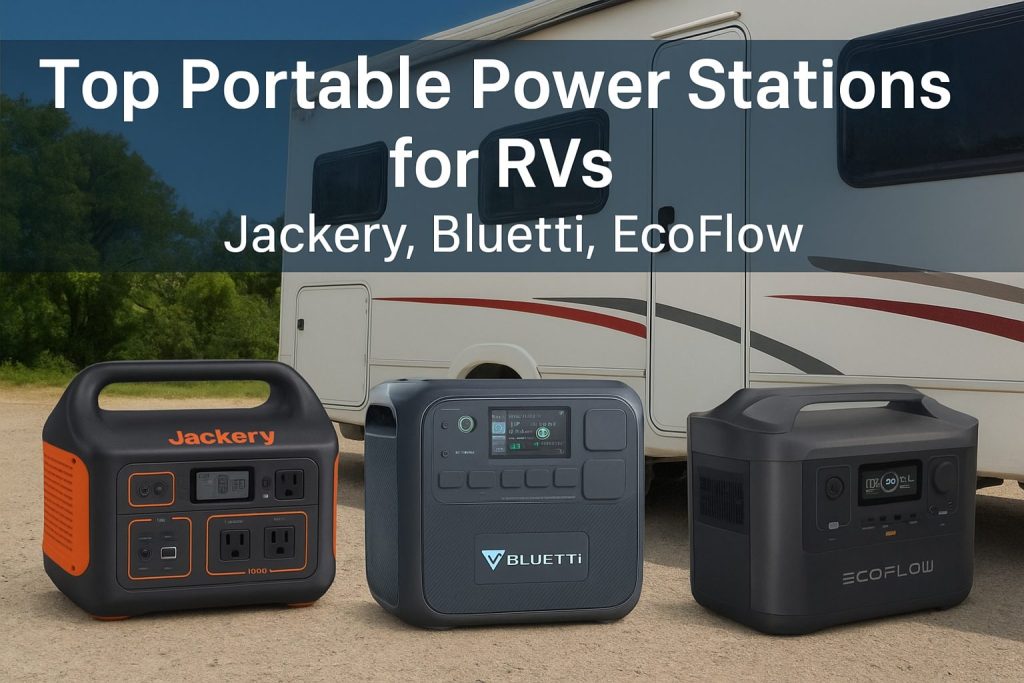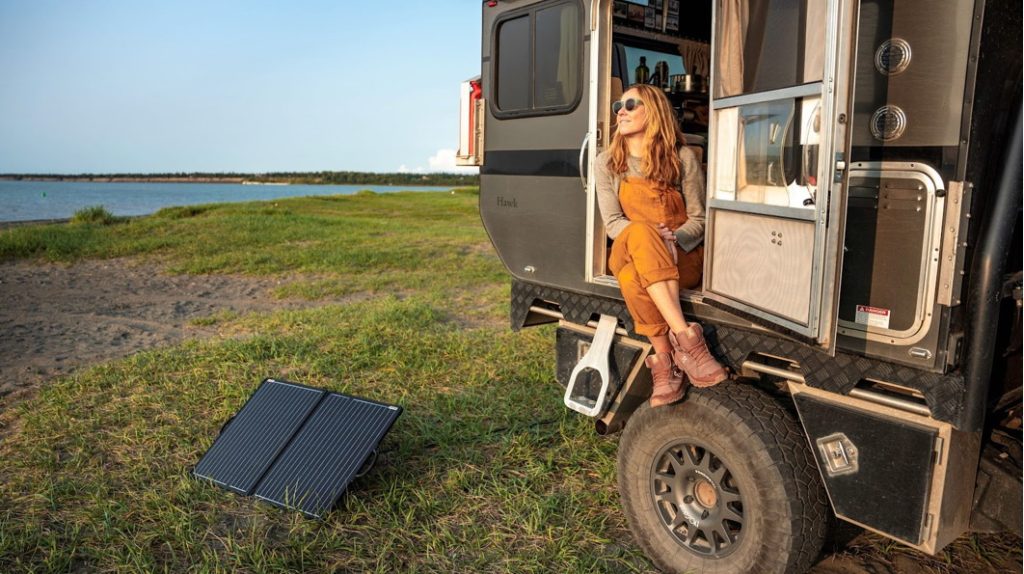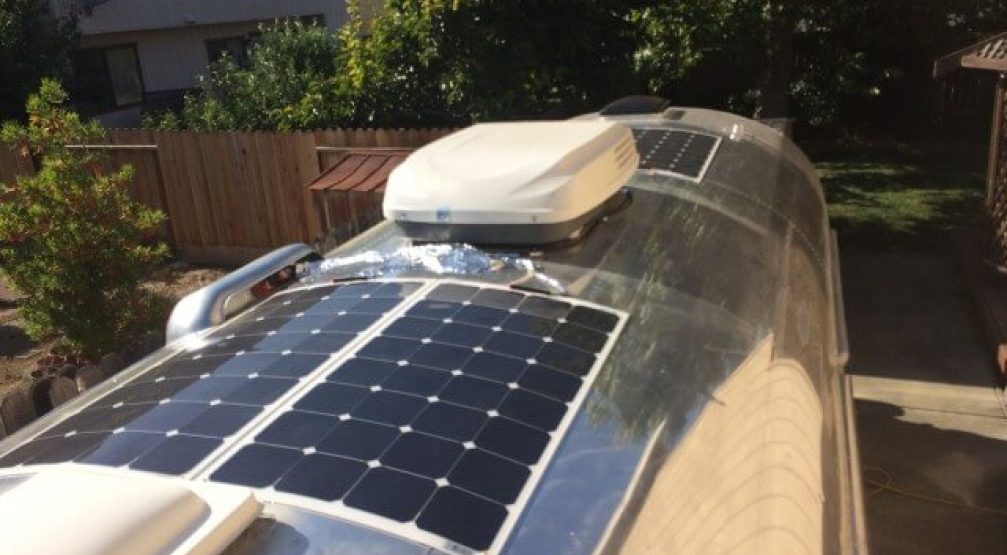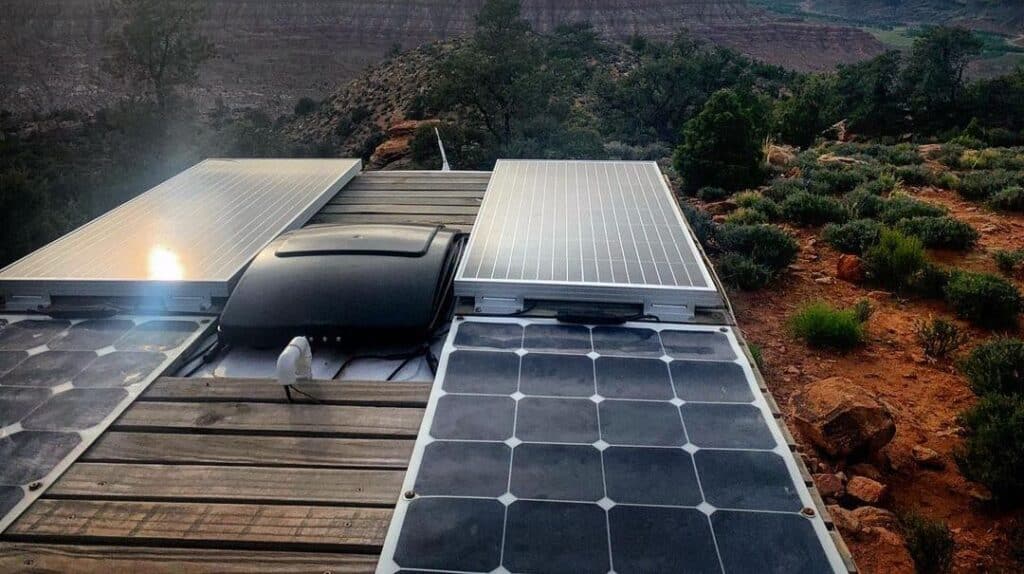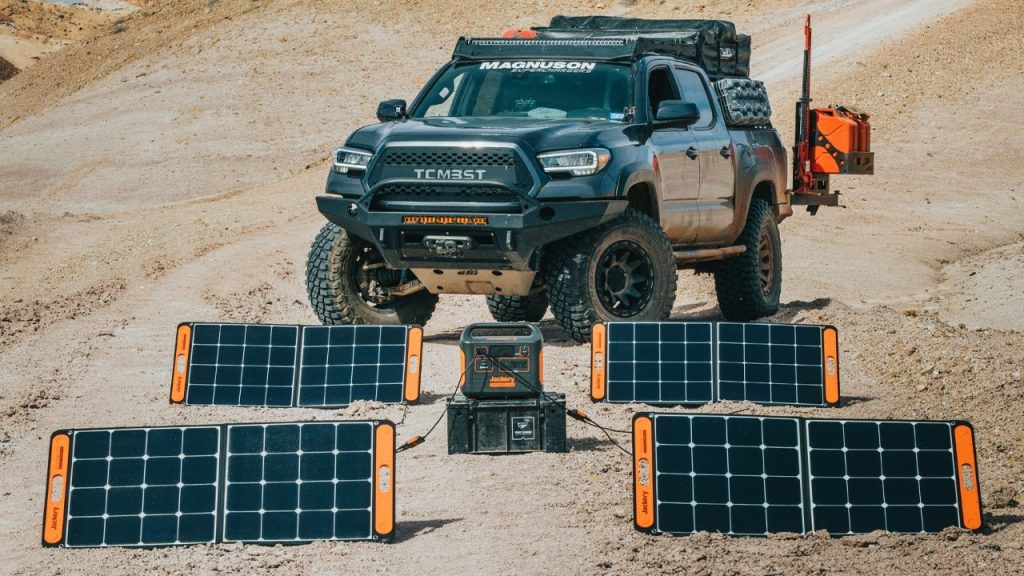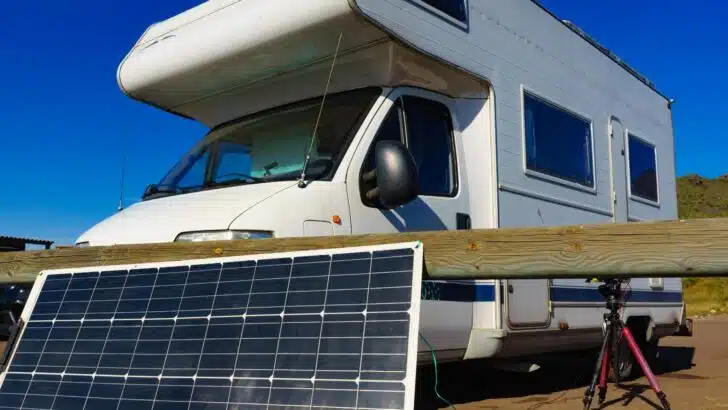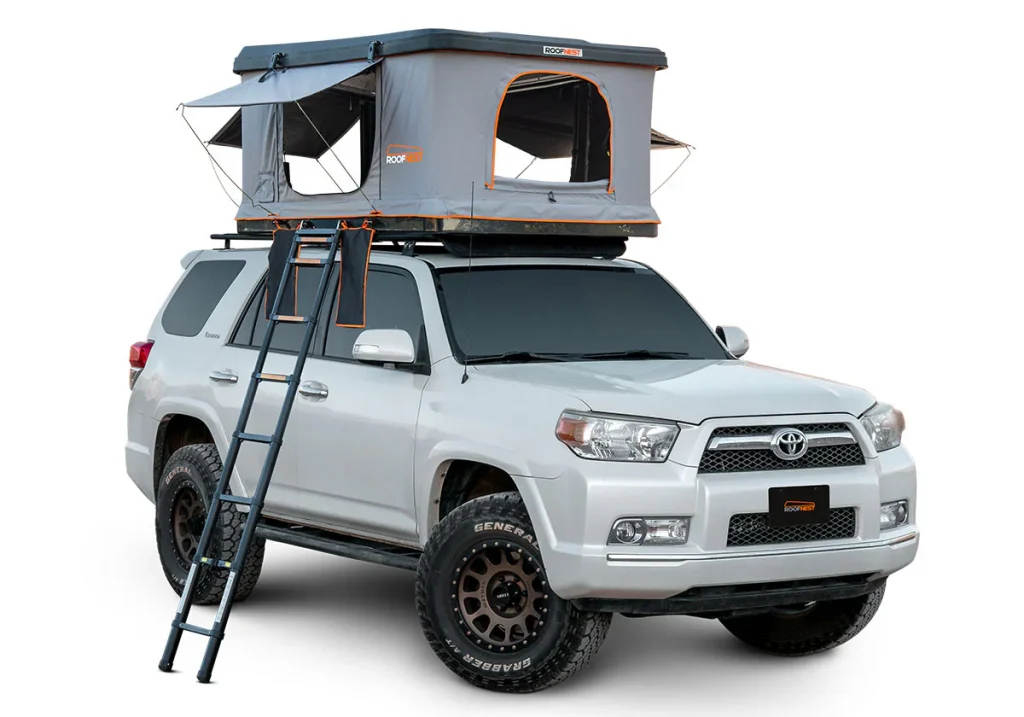Vehicle-mounted camping tents have transformed the way outdoor enthusiasts explore and camp. Unlike traditional ground tents, these setups attach directly to your vehicle, offering faster setups, enhanced comfort, and increased mobility. Two of the most popular options among adventurers are Jeep roof rack tents and truck bed tents, each with its own set of strengths and ideal use cases.
For overlanders navigating remote trails, campers seeking quick weekend getaways, or travelers wanting to sleep off the ground, choosing between a roof rack tent and a bed-mounted tent is a critical decision. It impacts everything from budget and comfort to storage and setup time. This comparison helps you evaluate both options so you can select the one that best fits your camping lifestyle and vehicle setup.
What is a Jeep Roof Rack Tent?
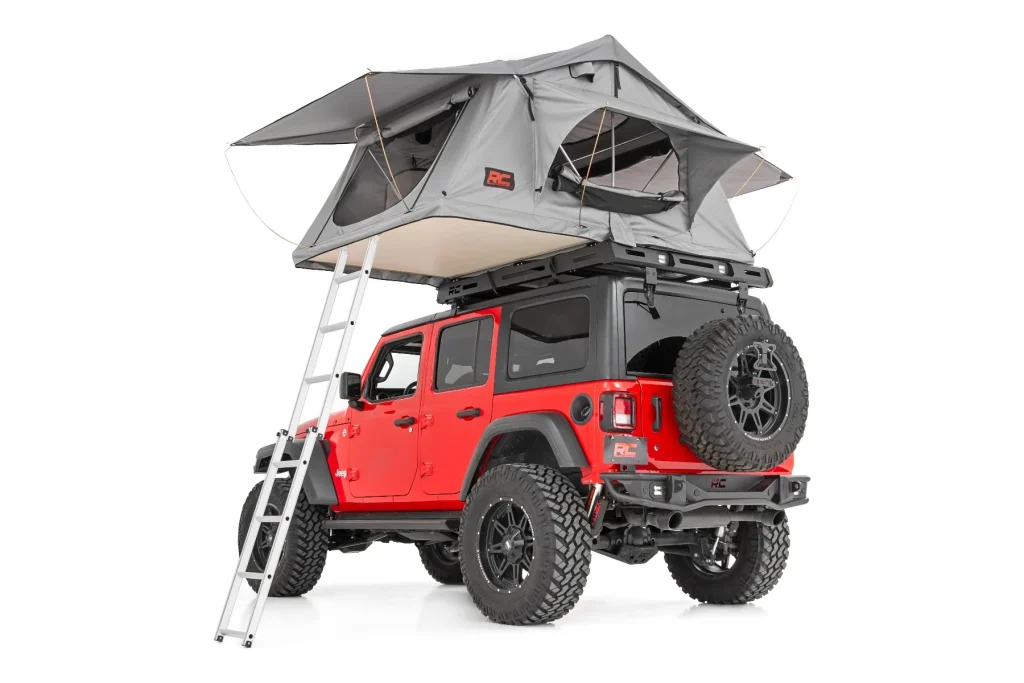
A Jeep roof rack tent is a type of camping shelter that mounts directly onto the roof rack of your Jeep or any similarly equipped SUV or 4×4 vehicle. These tents are designed to fold open and expand into a raised sleeping platform, offering campers an elevated and secure place to sleep above the ground.
Structure and Design
Roof rack tents typically come with a built-in mattress and a protective outer shell or cover. When not in use, they fold into a compact form, often housed in a protective case on top of the roof. The tent is supported by a base platform and an internal frame, which provides stability and helps withstand various weather conditions. Access is provided by a collapsible ladder, which is included with most models.
Types of Roof Rack Tents
There are two main styles of Jeep roof rack tents:
-
Softshell Roof Top Tents: These fold open like a book and are made with fabric walls and a soft outer cover. They often allow for larger sleeping areas and additional awnings or annexes, making them a popular choice for group or family camping.
-
Hardshell Roof Top Tents: These come with a rigid outer shell—usually fiberglass or aluminum—that pops up vertically or opens like a clamshell. Hardshell tents are more aerodynamic, faster to set up, and generally more durable, although they are often pricier.
Installation and Vehicle Requirements
Installing a roof rack tent requires a solid and compatible roof rack system that can support the dynamic and static weight of the tent and its occupants. Most tents list specific weight capacities, so it’s important to check your vehicle’s roof load limits. Installation involves mounting the tent’s base to the roof rack using brackets and bolts, usually with some assistance due to the tent’s weight. Once installed, it can remain on the roof during travel, though it may slightly impact fuel efficiency due to added drag and weight.
What is a Truck Bed Tent?
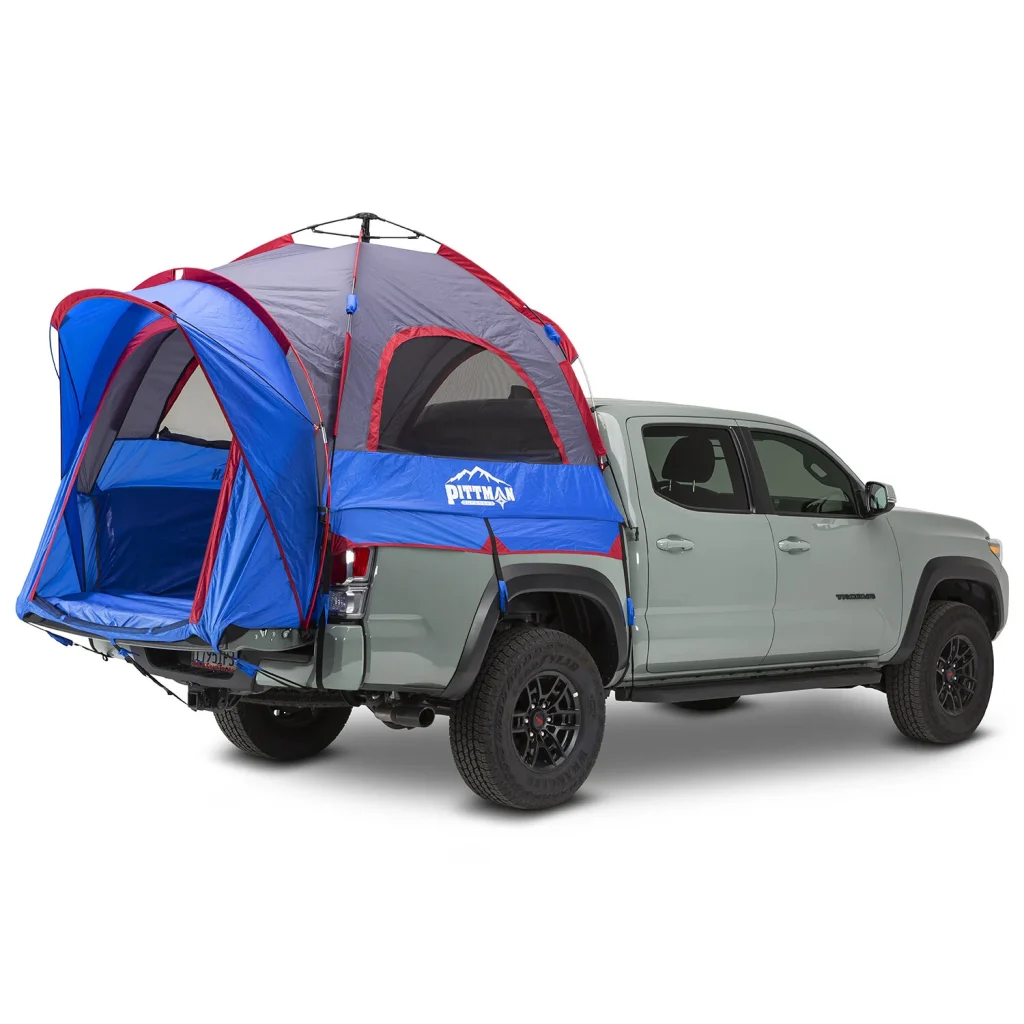
A truck bed tent is a portable tent that fits directly into the bed of a pickup truck, converting the cargo area into an instant camping space. These tents are designed to take advantage of the flat, elevated surface of a truck bed, creating a cozy, protected sleeping area without needing any roof-mounted equipment.
Structure and Design
Truck bed tents are made from traditional tent materials like polyester or nylon and include features like poles, rainflies, and mesh windows. They attach to the sides and corners of the truck bed using straps and clips. Most models also include a built-in floor, which separates you from the metal bed surface and adds comfort.
Styles and Compatibility
Truck bed tents come in various sizes and styles, depending on the length and width of the truck bed. Some cover just the sleeping area within the bed, while others extend over the tailgate to provide extra space. It’s important to choose a tent that matches your truck’s specific bed size and shape (short bed, standard, or long bed) for a secure fit.
-
Standard Bed Tents: Fit within the bed dimensions with a simple dome or cabin design.
-
Extended Tents: Include awnings or vestibules that extend over the tailgate or even attach to the cab for more protection and space.
Ease of Setup and Takedown
One of the biggest advantages of a truck bed tent is its ease of setup. Most models can be assembled by one person in 10–20 minutes without the need for special tools or equipment. When you’re ready to leave, the tent can be quickly packed away into a carry bag and stored in the cab or truck bed. Since they don’t require a roof rack or permanent installation, truck bed tents are ideal for casual or occasional campers who want flexibility and convenience.
Key Differences at a Glance
Here’s a quick comparison of Jeep roof rack tents and truck bed tents based on the most important features for campers and overlanders:
| Feature | Jeep Roof Rack Tent | Truck Bed Tent |
|---|---|---|
| Setup Time | Moderate – may take 5–10 minutes to deploy | Quick – often takes 10–15 minutes total |
| Sleeping Space | Varies – generally fits 2–3 people | Varies – depends on truck bed size |
| Comfort | Elevated, includes a mattress, better airflow | Flat surface, ground-level comfort |
| Vehicle Compatibility | Requires a roof rack and weight capacity | Fits directly into the pickup truck bed |
| Price | Higher – typically $1,000 to $4,000+ | More affordable – usually $150 to $500 |
| Mobility | Must be mounted; affects fuel economy | Easy to remove and store; no fuel impact |
This table highlights the trade-offs between convenience, cost, and overall camping experience, helping you make a more informed decision based on your priorities.
Advantages and Disadvantages of Jeep Roof Rack Tents
Advantages
1. Elevated sleeping position (away from bugs and animals):
One of the biggest benefits of roof rack tents is their height. Being off the ground helps you avoid common campsite nuisances like crawling insects, snakes, or small animals. It also keeps you safer in wet or muddy conditions.
2. Better views and airflow:
Because you’re elevated, roof tents often provide panoramic views of your surroundings, especially helpful in scenic or mountainous areas. Plus, airflow tends to be better due to their raised position, allowing for cooler, more comfortable sleeping on warm nights.
3. More cargo space inside the vehicle:
Sleeping on the roof frees up valuable interior space for your gear, cooking equipment, or pets. You don’t need to dedicate your backseat or cargo area to sleeping arrangements, which is especially useful on longer overland trips.
4. Compatible with overlanding gear setups:
Roof rack tents are designed to work alongside other overlanding equipment like awnings, roof storage boxes, water tanks, and solar panels. They fit seamlessly into rugged, self-sufficient travel setups for those who camp in remote or rough environments.
Disadvantages
1. Higher cost:
Jeep roof rack tents are significantly more expensive than other options. Prices typically start around $1,000 and can exceed $4,000 depending on size and materials. Additionally, you may need to invest in a strong roof rack system to support the tent’s weight.
2. Installation effort and permanent mounting:
Installing a rooftop tent can be time-consuming and may require more than one person due to its weight. Once installed, it usually stays in place, which can be inconvenient for daily driving or garage parking.
3. Impacts fuel efficiency:
Mounting a heavy tent on the roof adds aerodynamic drag and weight, which can reduce your vehicle’s gas mileage. This is particularly noticeable on long road trips or with heavier, hardshell models.
4. Access and ladder use:
Climbing up and down a ladder may be challenging for some, especially during the night or in poor weather. This also makes it harder to quickly enter or exit the tent in emergencies.
Advantages and Disadvantages of Truck Bed Tents
Advantages
1. Generally lower cost:
Truck bed tents are budget-friendly, with prices typically ranging from $150 to $500. This makes them a great choice for casual campers, weekend warriors, or anyone testing out camping before investing in more expensive gear.
2. Easier to set up and pack down:
Most truck bed tents can be assembled and disassembled quickly, usually within 10 to 15 minutes. They don’t require mounting hardware or complex installation, making them ideal for spontaneous trips.
3. No need for a roof rack or ladder:
Since the tent sits in the bed of your truck, there’s no need for additional equipment like a roof rack or ladder. This makes them a good choice for trucks that aren’t modified for overlanding.
4. Doesn’t impact fuel efficiency as much:
Unlike rooftop tents, truck bed tents don’t add height or drag to your vehicle. This helps maintain normal fuel consumption and makes them a more efficient option for frequent travelers.
Disadvantages
1. Limited sleeping space:
The size of your truck bed directly limits how many people can sleep comfortably. Most truck bed tents fit one or two people at most, and extended or crew cab beds may not offer enough length for taller campers.
2. Less protection from the elements:
Because you’re still relatively close to the ground, truck bed tents are more exposed to water runoff, wind, and cold temperatures. While many models include a rainfly, they generally offer less weather protection than elevated roof tents.
3. Occupies cargo area:
Using a truck bed tent means you can’t store gear in the bed while sleeping. This may require additional planning for where to keep your items overnight or during inclement weather.
4. Compatibility limitations:
Truck bed tents must match the specific dimensions of your pickup bed. Not all tents fit all truck models, and installing a mismatched tent can lead to poor sealing, reduced comfort, or even damage.
Considerations Before Buying
Before deciding between a Jeep roof rack tent and a truck bed tent, there are several key factors to consider. Your choice should align with your vehicle type, camping habits, and long-term needs.
1. Vehicle type and modifications required:
Not all vehicles are suitable for roof rack tents. If you’re driving a Jeep, SUV, or a vehicle with a strong roof rack system, a rooftop tent may be a great fit. However, installation often requires specific modifications, like reinforced crossbars or roof rails. On the other hand, truck bed tents only require a pickup with a compatible bed size—no extra modifications necessary.
2. Frequency and style of camping:
Are you a weekend camper or a full-time overlander? If you camp occasionally and prefer simplicity, a truck bed tent is convenient, quick to set up, and budget-friendly. But if you often explore rugged terrain and camp off-grid for extended periods, a roof rack tent offers better durability, sleeping comfort, and adaptability to harsh conditions.
3. Storage needs and available gear space:
Roof rack tents free up valuable interior and cargo space, allowing you to store gear, food, and equipment inside the vehicle or truck bed. Truck bed tents, however, use the truck’s cargo area for sleeping, which may limit your gear storage options unless you have extra containers or a trailer.
4. Weather conditions and seasonality:
Roof rack tents tend to perform better in bad weather due to their elevation, sturdy frames, and all-season insulation (especially hardshell models). Truck bed tents are more exposed to the elements and may be less comfortable in heavy rain, wind, or snow. Think about when and where you’ll be camping—this will help determine which tent can withstand the conditions you expect.
Which One is Best for You?
Choosing between a Jeep roof rack tent and a truck bed tent depends on your specific camping lifestyle and vehicle setup.
-
Best for solo campers or couples:
If you’re camping alone or with a partner and want a quick, affordable solution, a truck bed tent is likely your best bet. It’s simple, lightweight, and doesn’t require any permanent modifications. -
Best for long-term travelers or rough terrain:
If you plan to camp often, drive through off-road trails, or need a more durable and elevated setup, a Jeep roof rack tent will serve you better. It’s ideal for overlanders and adventurers who want comfort, elevation, and integration with other camping gear.
The right choice depends on your lifestyle, comfort preferences, vehicle setup, and budget. Whether you’re chasing weekend sunsets or embarking on cross-country expeditions, the right tent should make your journey easier, safer, and more enjoyable.
FAQs
Can I use a roof rack tent on a truck?
Yes, you can use a roof rack tent on a truck, as long as the truck has a roof rack system or an aftermarket rack installed over the cab or bed. Many truck owners also install rooftop tents over a canopy or bed rack. Just ensure your truck’s roof or rack system can handle the tent’s weight (both static and dynamic).
Are truck bed tents waterproof?
Most truck bed tents are made with water-resistant materials and include rainflies to keep moisture out. However, “waterproof” varies by brand and model. It’s best to choose a tent with sealed seams, a built-in floor, and good ventilation to prevent condensation buildup. Always check manufacturer specifications and reviews for weatherproof performance.
How long do rooftop tents last?
A quality rooftop tent can last anywhere from 5 to 10 years or more, depending on usage, maintenance, and weather exposure. Hardshell tents often last longer due to their durable construction. Regular cleaning, proper storage, and keeping it covered when not in use will extend its lifespan.
Can you leave a tent on the roof permanently?
Technically, yes—you can leave a roof rack tent mounted on your vehicle for extended periods. However, prolonged exposure to sun, rain, and wind can degrade the materials over time. If you’re not using the tent frequently, it’s a good idea to remove it during off-seasons or at least keep it covered with a protective case to preserve its condition.
Final Thoughts
Both Jeep roof rack tents and truck bed tents offer unique advantages, and the right choice ultimately comes down to your personal needs and travel style.
Roof rack tents provide a higher vantage point, more comfort, and better integration with overlanding setups, but they come at a higher cost and require vehicle modifications. Truck bed tents, on the other hand, are more affordable, easier to set up, and great for casual campers or those with minimal gear needs.
Evaluate your vehicle type, camping frequency, budget, and gear storage needs before making a purchase. Whether you’re chasing remote trails or parking at a weekend campsite, the right tent setup will turn your vehicle into the ultimate adventure basecamp.
Read More: Jackery vs Bluetti: Which Portable Power Station is Best for Overlanding?

